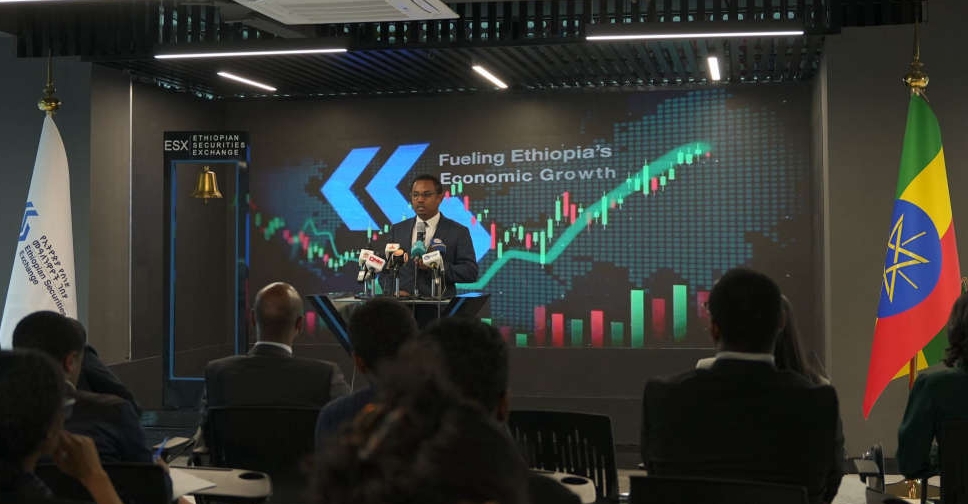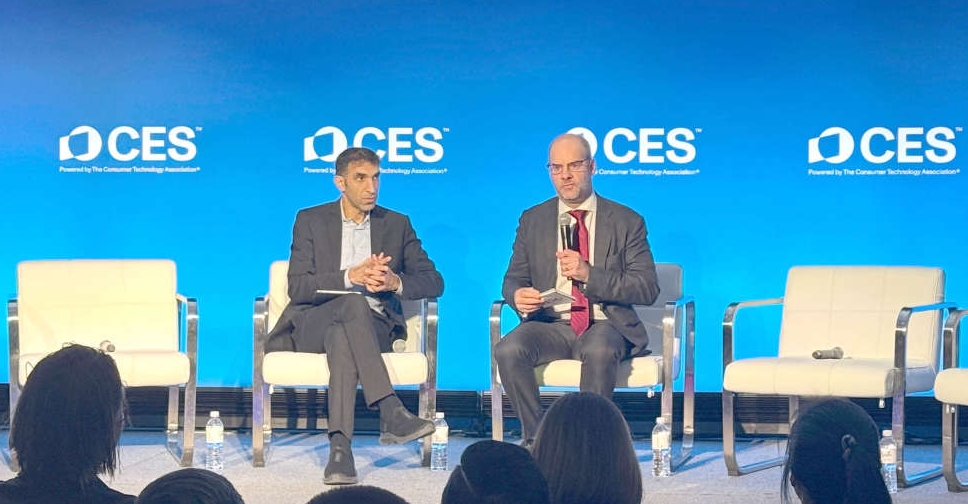
Airlines in Southeast Asia may need to push back delivery of aircraft after a decade of economic growth and optimism about a surge in air travel prompted them to order hundreds of jets from Airbus Group SE and Boeing Co. Carriers in the region that includes Indonesia and Malaysia are now confronted with challenges such as overcapacity and intense competition, Tony Tyler, chief executive officer of the International Air Transport Association, said in Singapore Sunday ahead of Asia’s biggest airshow. IATA is a global industry body representing about 250 airlines. "It’s easy to place these orders when times are looking good. I wouldn’t be surprised if some of them are pushed back," Tyler said. "I’m sure all the planning departments of all the airlines are now studying their orders in the context of what the market is telling them." A decade of economic growth enabled a new class of first-time flyers from Vietnam to the Philippines, prompting a flurry of orders from start-up budget carriers and legacy airlines. With budget airlines in the region garnering 54 percent market share, more than twice the global average, fares and profitability have declined, posing a challenge to the industry. Middle Class While its economy is slowing, air travel continues to remain robust in China, Tyler said. China is seeking to shift the economy away from capital investment and more toward consumer spending, which benefits airlines, Tyler said. Economic growth in Asia Pacific is boosting the number of middle class families, enabling them to spend more on air travel. Passenger traffic in the region is expected to rise nearly 5 percent a year for the next two decades, and China is poised to become the world’s biggest travel market, according to IATA. Airline earnings are set to increase 10 percent to a record $36.3 billion in 2016, helped by cheap fuel and a growing U.S. economy, IATA said in December. For 2015, their profit is expected to more than double to $33 billion, from $17.4 billion a year earlier. The industry grouping will revisit its profit forecasts when it assembles in June, Tyler said Sunday. Profitability in Asia lags other regions, however. Asia- Pacific operators should increase earnings to $6.6 billion in 2016, from $5.8 billion last year, according to IATA. Average forecasts for overall profit per passenger of $5.13 in Asia will remain well behind the U.S. and Europe, where profit per passenger is expected to be $21.44 and $8.80, respectively, according to the organization. Asian carriers’ managers "are working to overcome these challenges," Tyler said. Still, "It’s hard to say when things will improve. It’s going to take a little bit of time to recover in terms of profitability.” (By Kyunghee Park and Anurag Kotoky/Bloomberg)



 Ethiopia to open stock exchange in drive for investors
Ethiopia to open stock exchange in drive for investors
 Supreme Court to hear fight over looming US ban on TikTok
Supreme Court to hear fight over looming US ban on TikTok
 Nvidia criticizes reported Biden plan for AI chip export curbs
Nvidia criticizes reported Biden plan for AI chip export curbs
 UAE advances tech cooperation with US partners at CES 2025
UAE advances tech cooperation with US partners at CES 2025


